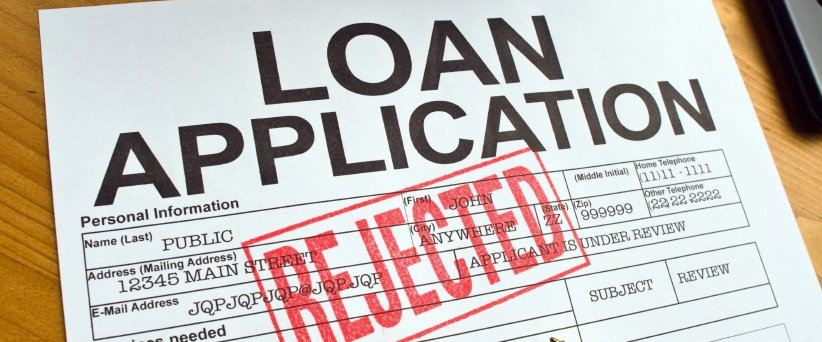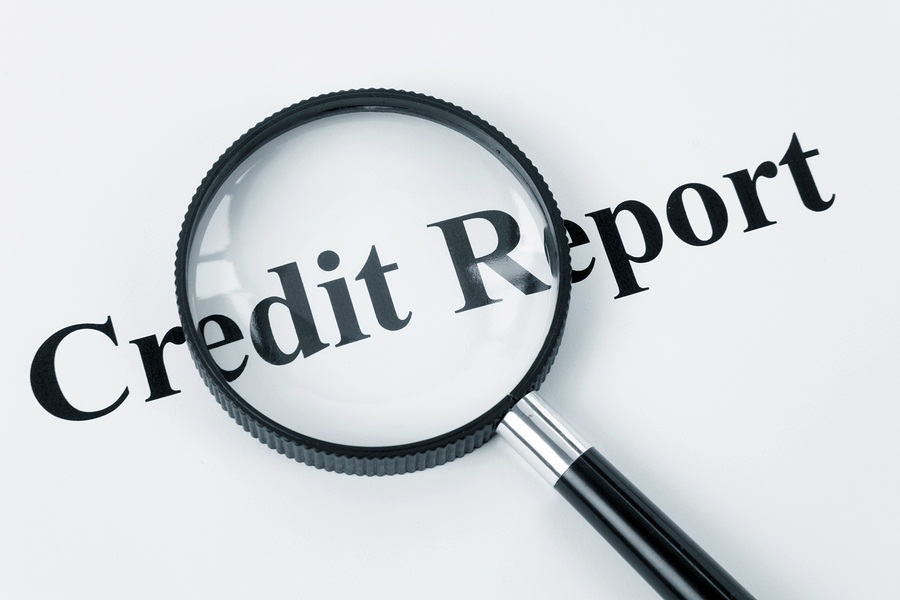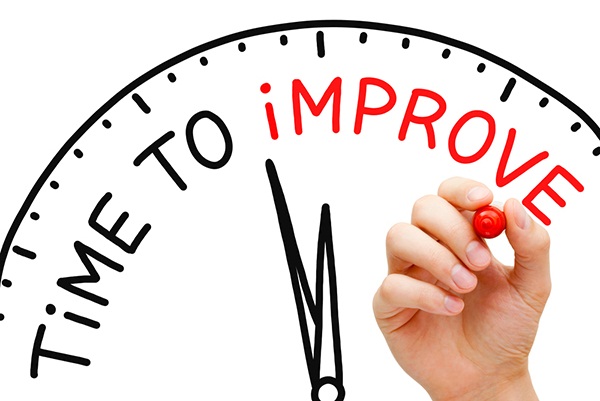What To Do After Being Denied A Personal Loan
Getting denied for a personal loan hurts. It’s particularly hard when you don’t see it coming. However, there’s no need to feel dispirited or ashamed.
For one, financial institutions have become far more stringent with their requirements following the economic meltdown of 2008, making loan rejections a relatively common occurrence these days. More importantly, a loan rejection may just be the first step towards improving your financial situation.
Here are a few tips for turning the setback of a personal loan rejection into a net positive.
It’s an Opportunity, Not a Defeat
No one likes to get bad news, but oftentimes it can be instrumental to avoiding much worse consequences in the future. A doctor’s warning about pre-diabetic symptoms can be just the wake-up call one needs to eat better and exercise more. Similarly, being rejected by a lender can be used as a chance to get better educated about your credit situation and to take actions that will improve your overall financial well-being. Starting with…
Get the Facts on Why You Were Denied
Under the Equal Credit Opportunity Act, lenders are required to provide applicants a written explanation citing the specific reason the loan application was rejected. Some lenders will include this information in their rejection letter but if they don’t, applicants have 60 days to request this. Make sure you get this information! Understanding the specific “red flag” that triggered your rejection is vital to solving your underlying credit problem.
Remember not to take the rejection personally. Although it can feel otherwise, lenders are not making moral judgments or evaluating your character. It’s more or less just a computer running the data contained in your credit report through an underwriting formula and giving a thumbs up or a thumbs down.
To use the medical analogy again, it’s like a doctor saying that tests on your blood-sugar levels revealed a threat to your health. The doctor isn’t saying you’re a bad person but rather that the data indicates you’re in a high-risk, but treatable, situation.
With that in mind, think of your rejection as a diagnostic test. Although the news isn’t what you wanted to hear, you’re actually being given some very important and actionable information.
So be sure to get that written explanation of your loan rejection. It’ll help point you in the direction of your desired destination.
Check Your Credit Reports, Carefully
Request your free annual credit report from all three credit reporting bureaus and get your free credit score and review them carefully. Make sure they’re complete, up-to-date and free of any mistakes or inaccuracies.
A stunning percentage of credit reports contain errors that could harm one’s credit score. A Federal Trade Commission study found that 26% of U.S. consumers have “at least one potentially material error on at least one of their three credit reports.” (The three reports referred to are TransUnion, Equifax, and Experian.)
If you find any errors, immediately write a letter disputing the inaccurate information to the credit bureau. A sample letter and instructions on how to file a credit report dispute can be found on the FTC website here. Credit reporting bureaus and credit information providers are legally obligated to investigate dispute claims and to correct the errors that are confirmed through their investigation.
Regularly checking your credit reports is also important for detecting identity theft. Identity theft is unfortunately reaching near-epidemic levels, with a recent government study finding that over 16 million people in the U.S. had their identities stolen in 2013 alone. Needless to say, criminals using your identity can inflict serious damage to your credit, so it’s important to keep a vigilant eye out for suspicious activity on your credit reports.
Take Action to Improve Your Credit
Your next step should be to take actions that will further improve your credit score, such as:
-
Pay your bills on time, every time. Your payment history is the single most important part in determining your credit score. While you can’t change what’s happened in your past, staying on top of your bills going forward is the best way to get your credit score moving in the right direction.
-
Reduce your debt balances. Lowering your debt amount will increase your debt-to-available credit ratio (also known as your credit utilization rate), which is another major factor in credit scoring. Typically it’s good to have less than a 30% usage of your available credit.
-
Use your credit cards correctly. While you do need to use your credit cards to build a credit history, there’s a common misconception that carrying over a month-to-month balance is helpful in building credit as well. In truth, the optimal strategy is to use your credit cards prudently and to pay off the balance in full every month.
-
Don’t cancel your cards after paying them off. As much as it may be emotionally satisfying to say “good riddance” to a credit card that’s been a financial thorn in your side, there’s good reason to hold onto that card even after paying off the balance. The length of your history with creditors is also an important component in credit scoring, so it’s usually advisable to keep your credit cards open, especially cards that you’ve held for awhile. Plus, closing out accounts has the additional drawback of reducing your total amount of available credit. Holding on to that card with a zero balance helps to improve your debt-to-available credit ratio.
-
Do NOT open a bunch of credit card accounts in a short period of time. While having more available credit in general is a good thing, credit bureaus and lenders typically view a rush of account openings as a sign of financial trouble and will lower your credit rating for it.
-
Be realistic and do your homework before applying for credit. Before you apply for another personal loan, make sure you have a reasonable chance of getting approved. Contact the lender and ask for the credit score and other requirements for the loan. If your credit score does not fall well within their approval range, wait until your score improves or look for another lender. Too many loan applications, especially when they are rejected, will only hurt your credit and push future loan approvals even farther out range.
Net-net
While being declined for a personal loan is certainly disappointing, it’s important to remember it’s just a small, temporary setback — and that it’s a problem with a solution. After applying some changes with your approach to credit, it’s very possible that you’ll look back at this one-time rejection as a marker of when you turned a corner and found your way to a healthier financial future.





Good advice here to take the sting out of rejection and help improve the odds of a better outcome for future applications.